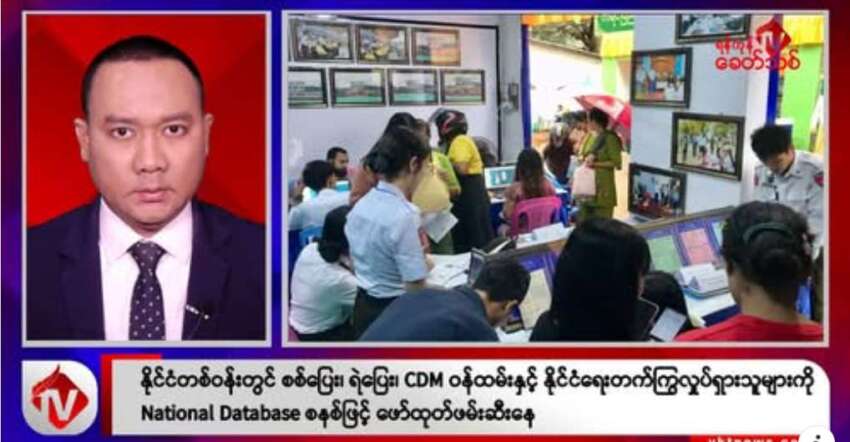
The military council is now implementing a nationwide surveillance system using the National Database to identify and arrest military deserters, police deserters, civil servants participating in the Civil Disobedience Movement (CDM), and political activists, according to military sources in Naypyidaw. The system incorporates personal information including national registration cards, household registration data, residential addresses, and departmental records of CDM staff members, which are being actively used by the military council’s armed forces for their operations.
In Nga Tharauk sub-township of Nyaung-U Township, Mandalay Region, a military council column suffered significant casualties following an attack by revolutionary forces. Subsequently, when another military council unit entered Nyaung-U Township, joint revolutionary forces conducted an intercept operation resulting in the deaths of five additional military council soldiers, as confirmed by a representative from the Bagan Byoe Choe group. These ongoing confrontations demonstrate the continued resistance against military council forces in the region.
Despite repeatedly claiming to be the protectors of Buddhism, the military council conducted an aerial bombing attack on a monastery in Ma Kyee Pin Tae village, Thaung Tha Township, Mandalay Region. The attack, carried out using military helicopters, resulted in severe damage to the monastery buildings and structures. This incident clearly illustrates the contradiction between the military council’s claims of protecting Buddhism and their actual actions, which have resulted in the destruction of religious buildings and sites. These attacks serve as clear evidence of the military council’s disregard for religious institutions and their continued use of violence against civilian infrastructure.



